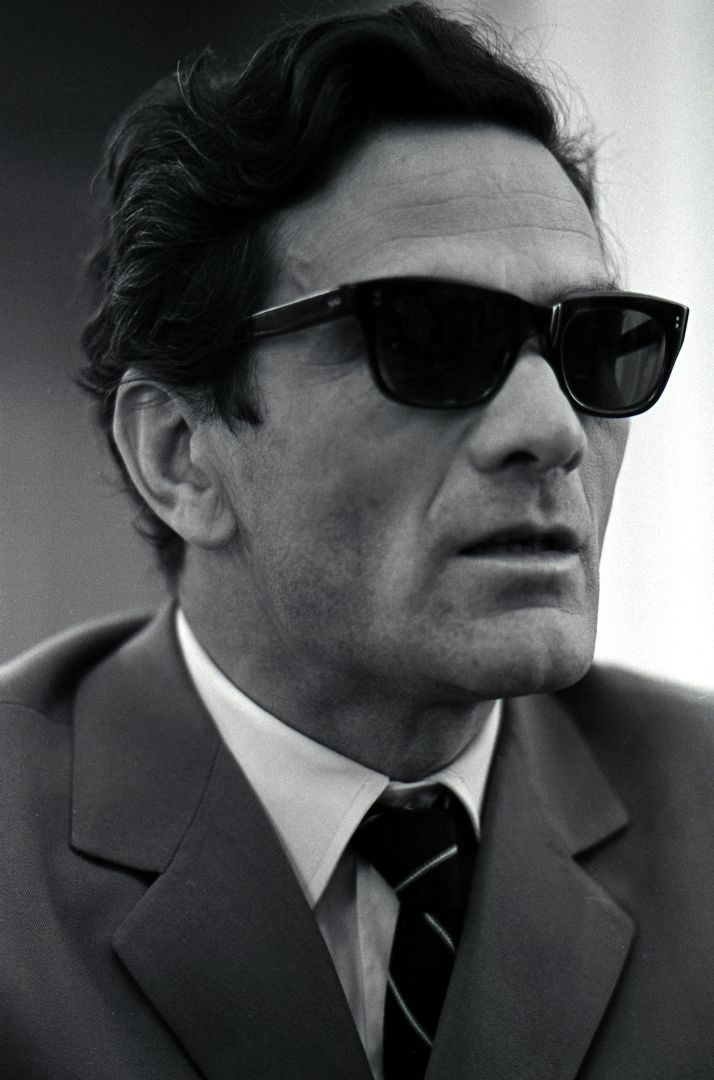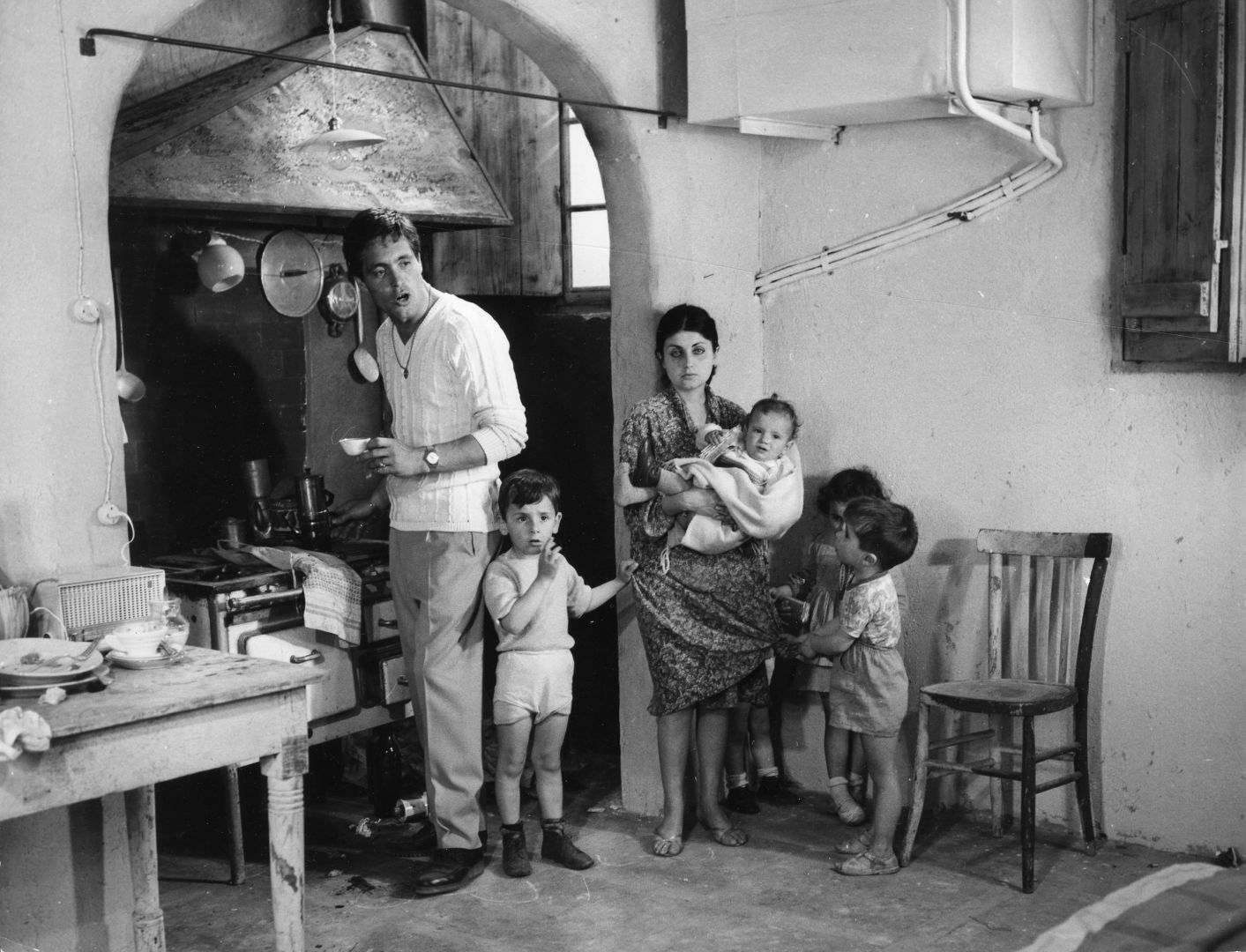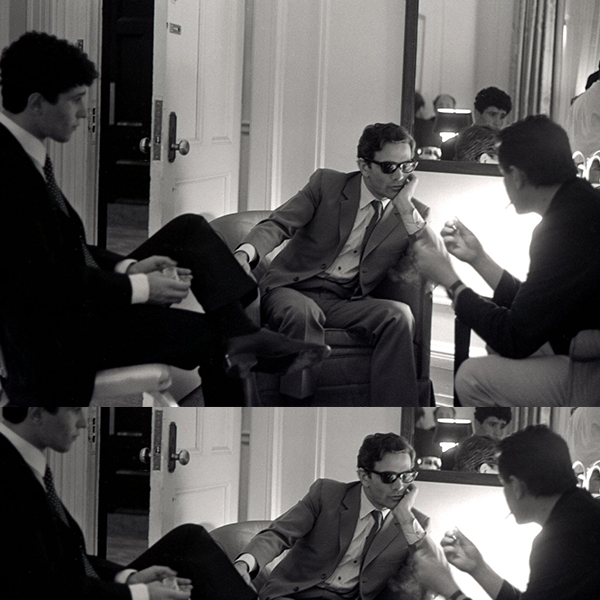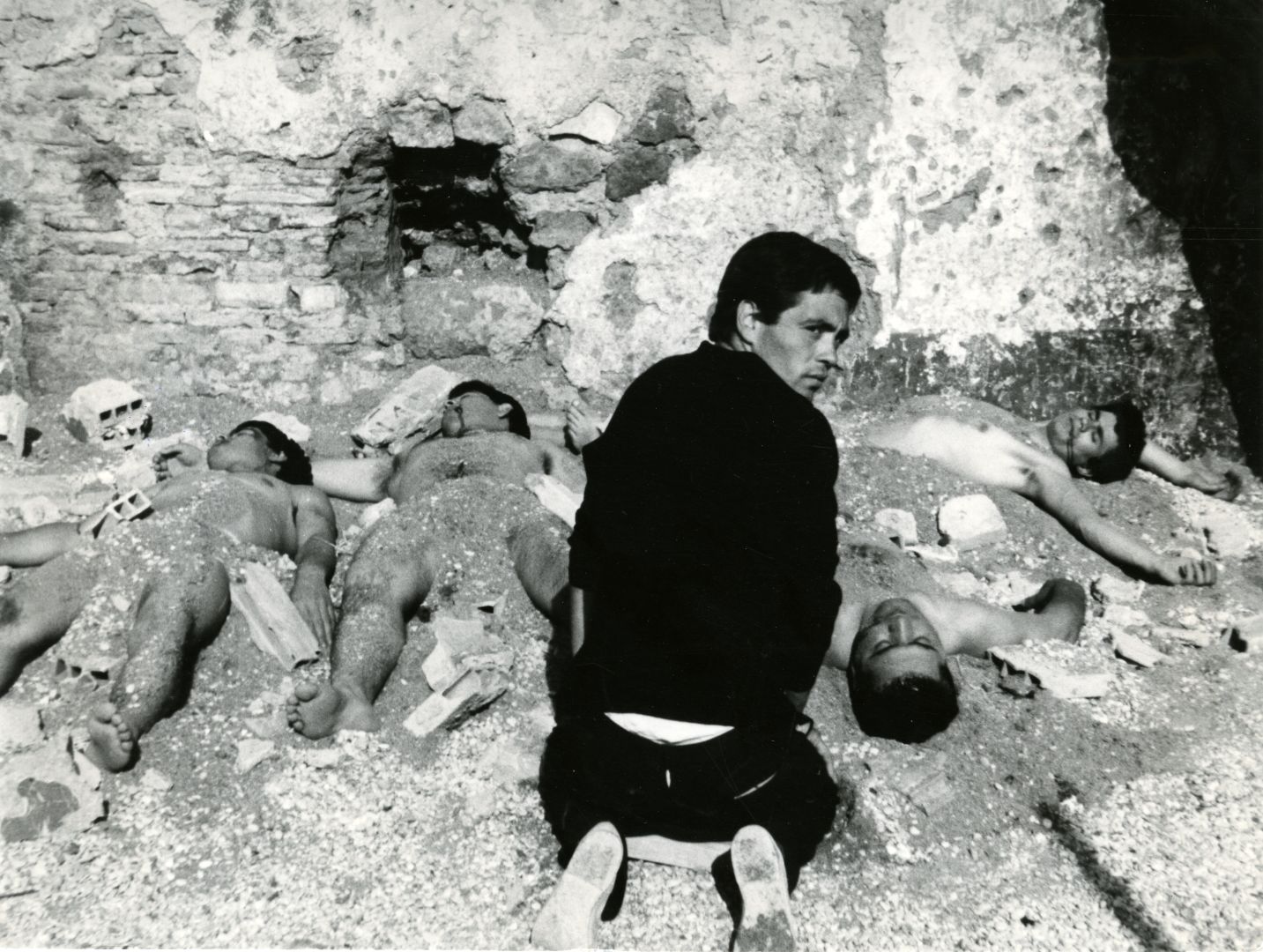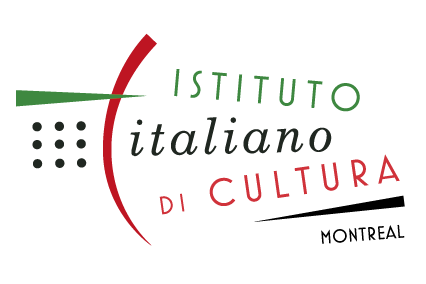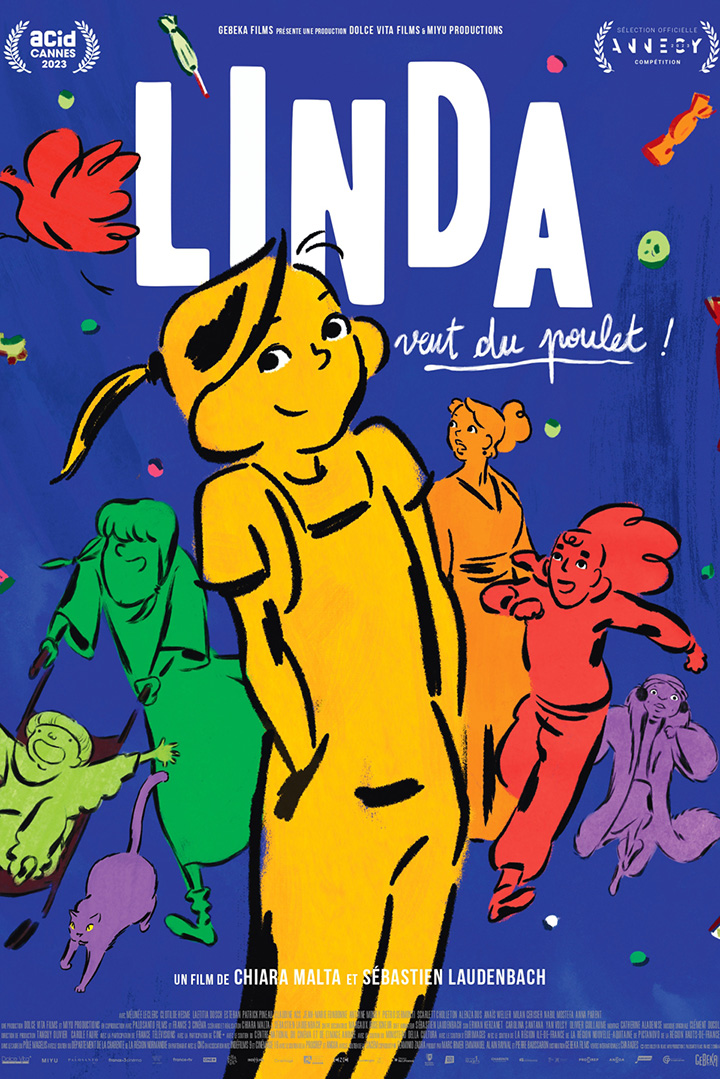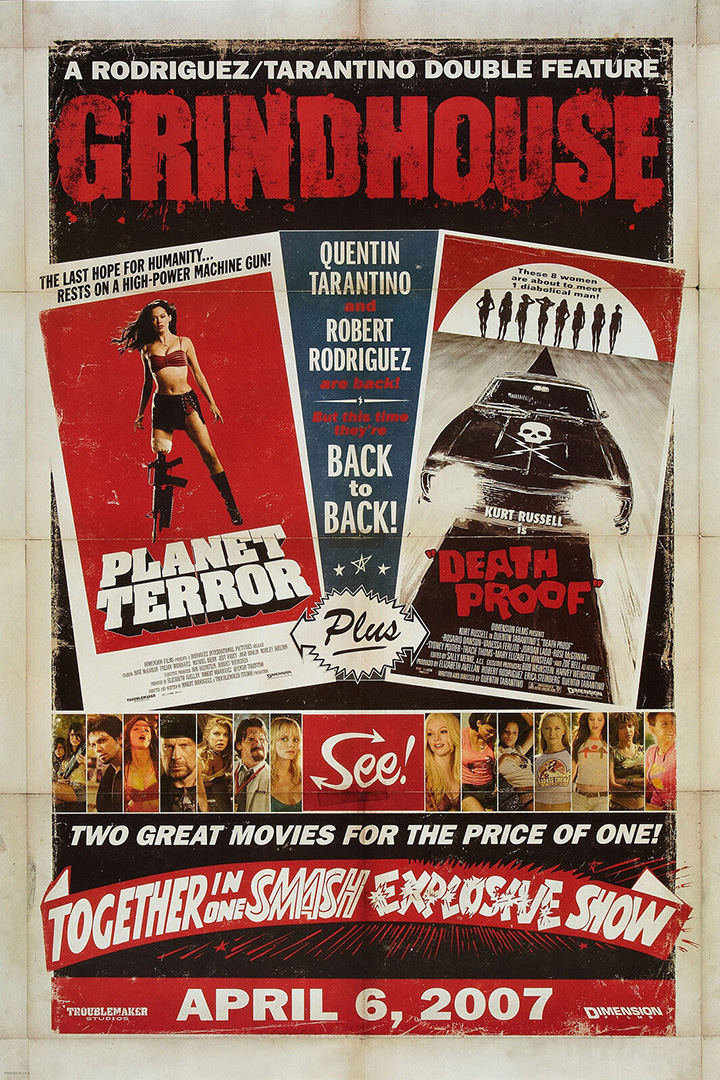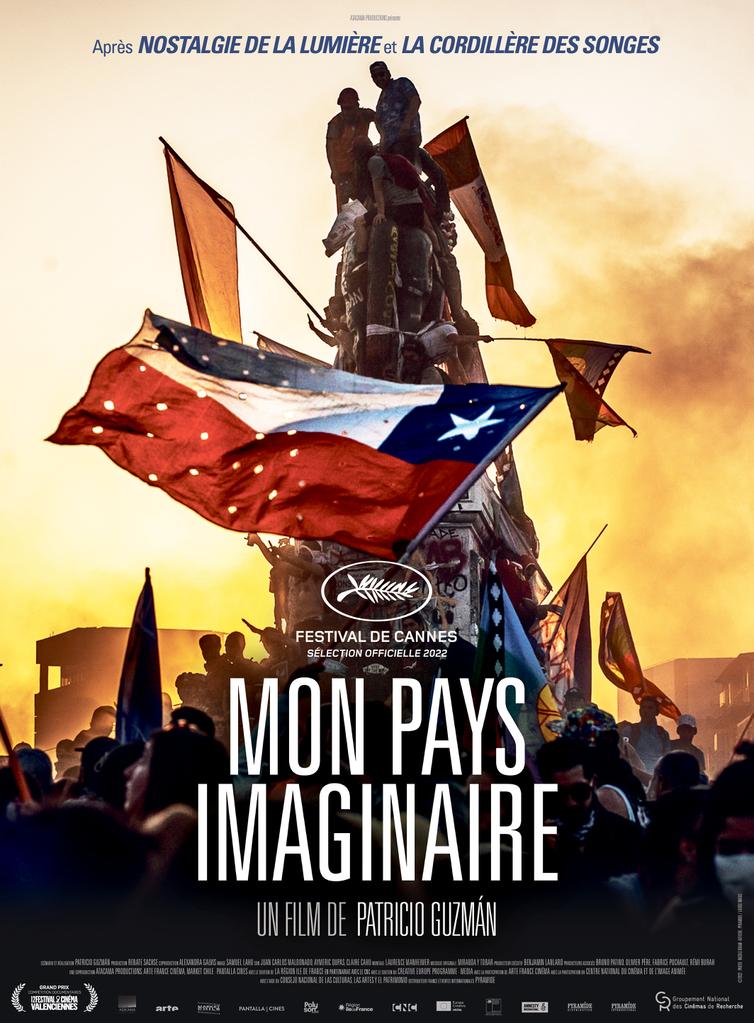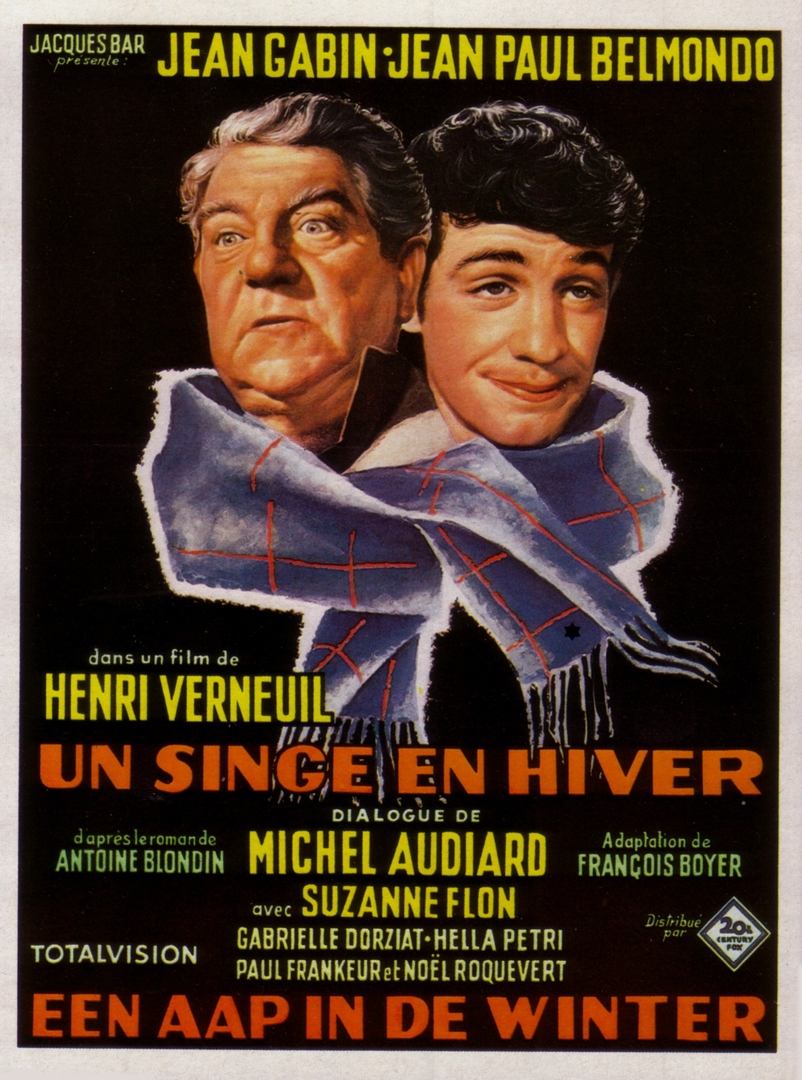Accattone
This year, Pier Paolo Pasolini would have been 100 years old. From his first writings in his youth to his early death in 1975, he has traced a path and a body of work - cinematographic, literary, essayistic - that has never ceased to nourish reflection, fuel debate and inspire artists and thinkers over the decades. As part of the PPP / RRR: Pier Paolo Pasolini / Riprese Reprises Retakes academic colloquium on Pasolini's contemporary legacy, scheduled to take place in Montreal and Ottawa at the end of September, we pay tribute to the filmmaker by highlighting his impact on the present. In the form of a series of double programs, this cycle proposes to put some of his major films in dialogue with those of contemporary filmmakers, in the presence of some of them, researchers or special guests.
For more information on the PPP / RRR: Pier Paolo Pasolini / Riprese Reprises Retakes conference, visit labdoc.uqam.ca
A young pimp loses his livelihood when his prostitute ends up in prison. The existence of a young thug in Rome and his search for a reason to exist are for Pasolini a pretext for a true painting of souls. Thus, with this film, he gradually breaks with neo-realism and imposes a poetry tinged with onirism. A filmmaker was born.
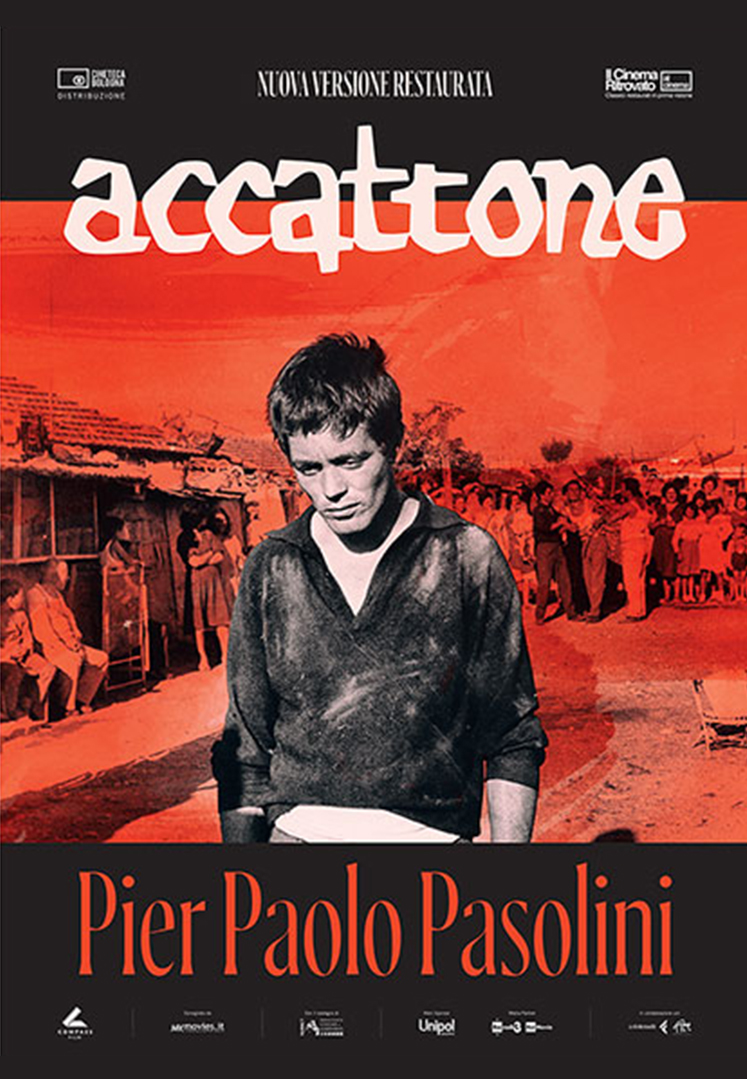
Pier Paolo Pasolini
Fils d’un militaire et d’une institutrice, Pier Paolo Pasolini naît à Bologne en 1922. Pendant la Seconde guerre mondiale, il commence à enseigner et est très affecté par la mort de son frère, maquisard. En 1949, il est accusé de détournement de mineurs et doit renoncer à l’enseignement, tandis que le parti communiste l’exclut du fait de son homosexualité, ce qui ne l’éloigne pas pour autant de ses idées marxistes. Il s’installe à Rome et publie ses premiers écrits, qui font autant scandale qu’ils ont de succès. Pasolini se tourne ensuite vers le cinéma, scénarisant les films des autres avant de passer lui-même à la réalisation au début des années 1960. Il dresse alors une filmographie de plus en plus inclassable, à la fois politique et mystique, se faisant le dénonciateur infatigable du fascisme, du conformisme bourgeois, du consumérisme et de la globalisation. Toujours en porte-à-faux avec son temps, son parcours est jalonné de procès, polémiques et actes de censure, jusqu’en 1975, année au cours de laquelle il réalise son film le plus célèbre et sulfureux, Salò, juste avant d’être assassiné pour des raisons qui demeurent à ce jour mystérieuses.
